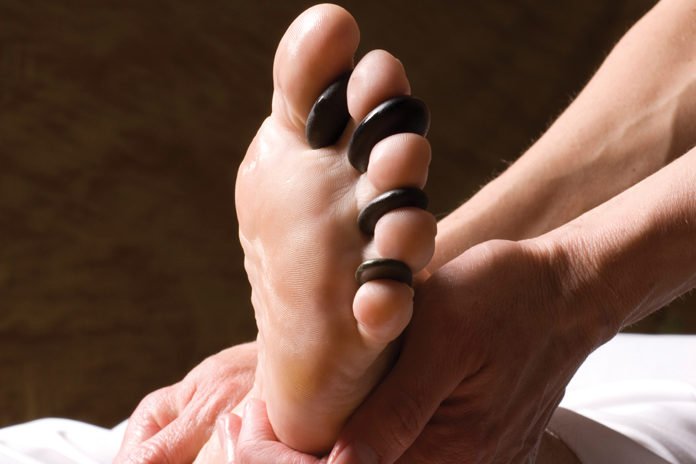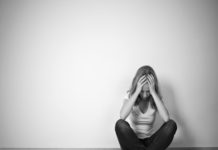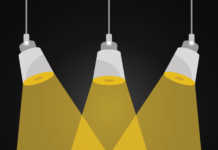
Practiced in diverse cultures for centuries, reflexology is a method of touch therapy that is a universally acclaimed healing art and science. For either preventative care or in response to physical or emotional distress, a reflexology session acts as a catalyst to aid the body toward its own natural healing process.
THE 411
Reflexology is based on the premise that there are reflex points in the hands, feet and ears corresponding via nerve pathways of the nervous system (Western medicine) and/or meridians (Eastern medicine) to every part, organ and gland of the body. According to the American Journal of Medicine, stress is known to cause over 80 per cent of all illnesses. Reflexology reduces stress automatically during a session, causing chemical changes to occur at the cellular level throughout the body. Through systematic pressure and stimulation of these reflexes, the body is assisted to return to natural functioning. During this process, endorphins (natural pain-killers) are released, para-sympathetic relaxation of the nervous system takes place and increased blood and lymphatic circulation results in increases in oxygen levels, all of which helps to restore balance to all systems of the body.
THEY DO WHAT?
Reflexologists do not diagnose, prescribe or treat for specific conditions and should not be used as a substitute for necessary medical treatment. They treat the whole person, often working together with other medical and complementary therapies to achieve the best results for a client.
Depending on the focus of treatment, the number of sessions will vary. For a specific health problem, expect to commit to a series of 10 sessions before assessing results; sessions usually last no longer than one hour. It is not required to have a condition to benefit from reflexology; it’s a wonderful way to feel better and gain a sense of health and wellbeing. People usually feel a sense of inner calm and more energy as a result of their sessions.
YOUR TURN
When looking for a reflexologist, it is important to choose one as you would any other professional. Reflexologists are trained and certified practitioners holding memberships in both provincial and national associations. These associations outline a strict code of ethics and conduct along with professional standards of practice.
In Canada, there are many training programs. The Reflexology Association of Canada (RAC) (the only non-profit, federally-chartered national association) has been dedicated to training practitioners, educating the public of the benefits of reflexology and providing referrals for certified reflexologists across Canada for over 30 years. With certified members from coast-to-coast, RAC is also affiliated with other non-profit associations worldwide. Its mission is to unify reflexologists in professional programs and services. Marcus Summersfield appears on behalf of the Reflexology Association of Canada.










